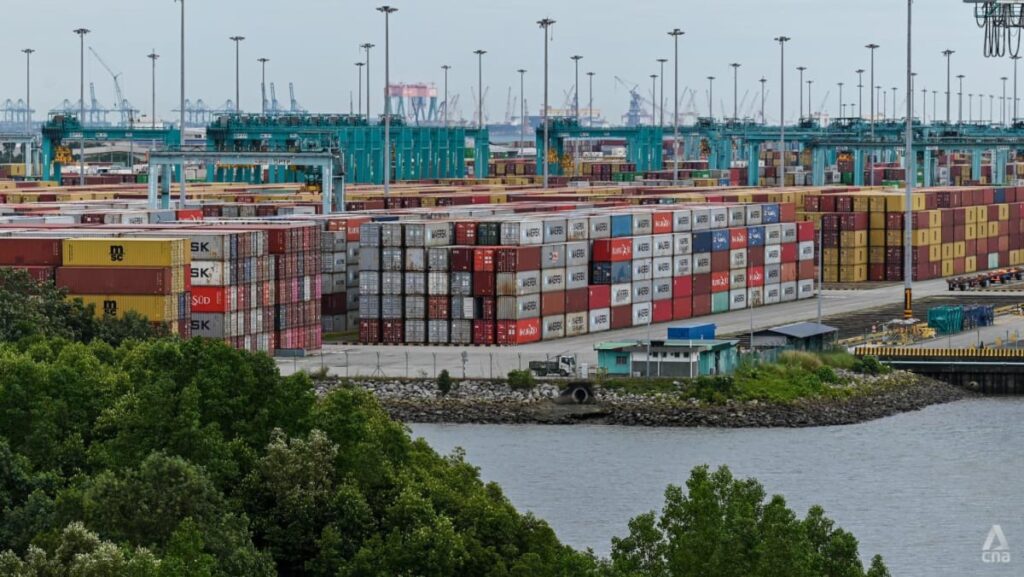A DEFENCE SHAKEDOWN
On the security front, regional countries are not holding their breath either. If Mr Trump can settle tariff negotiations with Southeast Asian countries, a proper approach would be to use the “Free and Open Indo-Pacific” strategy to get US allies and partners to uphold principles, such as freedom and navigation and no recourse to the use of force, as an implicit deterrent on China.
For now, Trump 2.0 appears to be heading in the right direction. In his first meeting with Quad leaders in January, Secretary of State Marco Rubio upheld this strategy. In his inaugural tour of Japan and the Philippines in March, Secretary of Defense Pete Hegseth stressed that America First does not mean America Alone.
But such a traditional US approach to regional security cannot be assured. The fear is that the US will shake down its allies and partners to carry more of the defence burden as the US cuts back on its forward-deployed posture.
No wonder, there is talk about Southeast Asian countries deepening security cooperation with Quad countries sans the US, and revived debates about South Korea and Japan breaking the taboo on nuclear weapons.
As the US-led world order frays in a multipolar one, Southeast Asian countries still retain agency to chart their own paths.
William Choong is a Senior Fellow at the ISEAS-Yusof Ishak Institute, and the Managing Editor of Fulcrum, the institute’s commentary and analysis website on Southeast Asia.
Sharon Seah is Senior Fellow and Coordinator at the ASEAN Studies Centre, ISEAS-Yusof Ishak Institute.
https://www.channelnewsasia.com/commentary/trump-tariffs-southeast-asia-asean-free-trade-agreement-fta-rcep-cptpp-5118136


